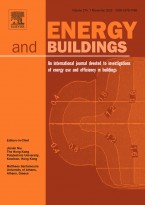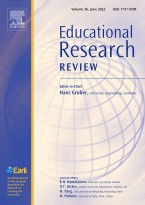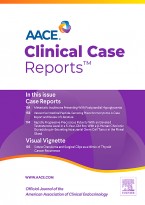
چکیده فارسی
سندرم ولفرام: تجزیه و تحلیل ژنتیکی 2 برادر
چکیده هدف: سندرم ولفرام (WS) یک بیماری نادر، اتوزومال مغلوب و پیشرونده است که با عوارض قابل توجهی حتی برای افراد هتروزیگوت همراه است. هدف ما تشریح موارد 2 برادر مبتلا به WS و تاکید بر اهمیت این سندرم به عنوان تشخیص افتراقی برای دیابت نوع 1 خودایمنی بود. روشها: دو مورد WS با بررسی پروندههای پزشکی و انجام معاینات بالینی و تصویربرداری و آزمایشهای آزمایشگاهی از جمله تعیین توالی ژن WFS1 مورد بررسی قرار گرفت. یافتهها: بیماران 2 برادر بودند که هر دو مبتلا به دیابت شیرین زودرس (DM) تشخیص داده شدند و در طی غربالگری عوارض مزمن، آتروفی عصب بینایی دو طرفه داشتند. در بررسی سایر تظاهرات این سندرم، هر دو برادر مبتلا به دیابت بی مزه (DI)، هیپوآکوزیس متوسط و تغییرات مجرای ادراری بودند. علاوه بر این، سابقه شخصی و خانوادگی مشکلات روانپزشکی وجود داشت. WS از طریق تعیین توالی ژنتیکی توسط جهش هموزیگوت ژن WFS1 تایید شد. نتیجهگیری: تشخیص زودهنگام WS برای بهبود پیش آگهی بیمار، پیشبینی عوارض مرتبط و امکان مشاوره ژنتیکی به موقع برای اعضای خانواده مهم است. اختصارات: DI دیابت بی مزه DIDMOAD دیابت بی مزه، دیابت ملیتوس، آتروفی بینایی، ناشنوایی DM دیابت شیرین MRI تصویربرداری تشدید مغناطیسی سندرم WS Wolfram
چکیده انگلیسی
Wolfram Syndrome: A Genetic Analysis of 2 Brothers
ABSTRACT Objective: Wolfram syndrome (WS) is a rare, autosomal recessive, progressive disease associated with considerable morbidity, even for heterozygous individuals. Our aim was to describe the cases of 2 brothers with WS and emphasize the importance of this syndrome as a differential diagnosis for autoimmune type 1 diabetes. Methods: Two cases of WS were studied by reviewing medical files and performing clinical and imaging examinations and laboratory tests, including WFS1 gene sequencing. Results: The patients were 2 brothers who were both diagnosed with early onset diabetes mellitus (DM) and were found to have bilateral optic nerve atrophy during screening for chronic complications. In investigating other manifestations of the syndrome, both brothers were found to have diabetes insipidus (DI), moderate hypoacusis, and urinary tract alterations. In addition, there were personal and family histories of psychiatric problems. WS was confirmed through genetic sequencing by a homozygous mutation of the WFS1 gene. Conclusion: Early diagnosis of WS is important for improving patient prognosis, anticipating associated complications, and enabling timely genetic counseling for family members. Abbreviations: DI diabetes insipidus DIDMOAD diabetes insipidus, diabetes mellitus, optic atrophy, deafness DM diabetes mellitus MRI magnetic resonance imaging WS Wolfram syndrome






